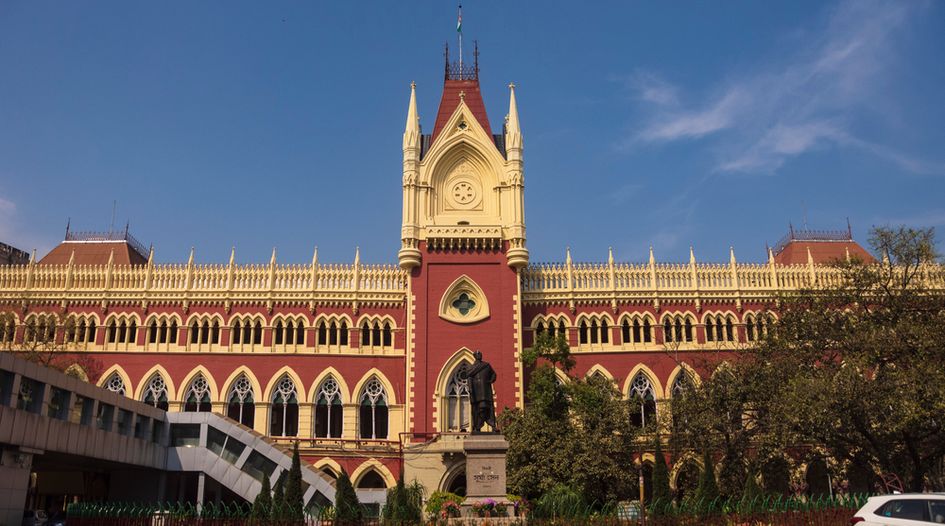Influencer dispute highlights need to regulate denigrating content featuring brands

In the social media age, influencers can make deep impressions on customers through numerous avenues, from make-up tutorials and simple fashion tricks to unboxing videos and home décor ideas. Recognising this marketing influence – and the fact that many influencers are being formally co-opted by brands to serve as ambassadors – the Indian government released endorsement guidelines for celebrities and influencers earlier this year.
However, a recent case - Dabur India Limited v Dhruv Rathee (CS/41/2023) – before the High Court of Calcutta shines a light on the guidelines’ failure to mention content that denigrates a brand, exposing the blurry line between truth and defamation in influencer social media content.
The new guidelines
In tandem with June 2022 guidelines issued to protect consumers from unfair trade practices and misleading advertisements as part of the Consumer Protection Act 2019 –– the new endorsement guidelines are designed to ensure that influencers do not mislead customers. They also mandate that influencers disclose any material connection that they have with a brand, allowing customers to make informed decisions.
These changes compel influencers to carry out their due diligence and use a brand’s product or service before endorsing it. However, the guidelines fail to mention the use of content that can denigrate a brand.
Disputes arising from social media
Social media often features content in which users make a mockery of a product or take casual jibes at a brand. In the case of social media influencers, if such mockery leads to an action for defamation, the defence often taken is that of disseminating the truth.
However, as social media usage and online brand promotions continue to proliferate, the line between truth and defamation can become less clearcut, as seen in Dabur India Limited v Dhruv Rathee. In this case, the High Court of Calcutta specified that “what has to be balanced is the right of the consumer to be made aware vis-a-vis the right of any manufacturer not to be ridiculed” – an intriguing ruling in this burgeoning category of disputes.
Details of the suit
Dabur, an Indian multinational consumer goods company, manufactures and sells fruit juices and ready-to-serve (RTS) beverages under the trademark REAL. It filed a suit to remove content created by Dhruv Rathee, an influencer who runs a YouTube channel in his name and has a significant following on social media, who had created and uploaded a video on his channel criticising this category of juice. Rathee suggested that consuming packaged fruit juices leads to diabetes and hair loss and advised that such drinks should not be consumed, especially by children.
Dabur alleged that by comparing carbonated drinks with RTS fruit beverages, Rathee had made an unfair comparisan between the two product categories and caused a generic disparagement of all packaged fruit juices. Dabur felt particularly slighted as Rathee’s video contained visuals of Dabur’s blurred/partial logo and used clippings from the company’s promotional advertisements.
Initially, Dabur addressed a complaint to YouTube requesting it to takedown the video from its platform – which YouTube refused. However, Rathee also posted the offending video on his Facebook page, prompting Dabur to take the matter to court, where it sought an injunction and made a damages claim based on reputational losses.
The court’s ruling
The High Court of Calcutta noted that consumers could infer from the blurred images that the products Rathee was talking about were Dabur’s. Upon review, it ruled that the unauthorised use of REAL’s brand logo – even if partial or blurred – and advertisement clippings violated the company’s trademark and copyright. Further, while the underlying intent of the influencer’s video may not have been objectionable, the court determined that its repeated and brazen references to Dabur’s product and the REAL brand had crossed a line. Consequently, it directed Rathee to remove the offending portions from the impugned video.
In a subsequent hearing, it was brought to the court’s attention that Rathee was not complying with its directions. The court then granted Dabur leave to seek appropriate relief with regard to URL/web links containing, publishing or broadcasting the impugned video and proceeded to grant suitable relief.
While the court was forthcoming in protecting Dabur’s IP rights, allegedly violated by the offending video, it did not investigate the truth behind Rathee’s assertion. The decision also neglected to address the points that mere opinions do not constitute disparagement and that honest use of a mark without taking unfair advantage or denigrating its use does not constitute infringement. Eschewing the current trend of awarding monetary compensation in IP cases, the court also refrained from imposing any costs on Rathee or granting monetary compensation to Dabur. In making this decision, it is possible that the court determined that the influencer’s uploading of an offending video differed from the misuse of a brand by an infringer aiming to illegally benefit from a third party’s goodwill and reputation.
The ruling’s impact
The key takeaway from this decision is India’s need for a more thorough statutory framework to deal with similar cases. Such a framework should incorporate the perspective of IP and consumer law, consider the constitutional freedom of speech and expression and define legally permissible acts. A balanced approach is critical to ensuring that genuine criticism/review of a brand by influencers is not curtailed.
This is an Insight article, written by a selected partner as part of WTR's co-published content. Read more on Insight
Copyright © Law Business ResearchCompany Number: 03281866 VAT: GB 160 7529 10

